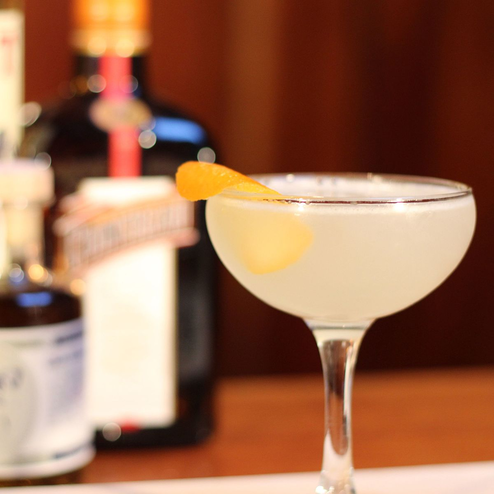|
Written by: Melinda Li Edited by: Kelly Fan For Karen Feeley, 53, speaking used to be everything. As a consultant, her workdays were packed with meetings and interactions with clients, and she was good at dealing with the pressure that came with the job. However, around 20 years ago, she started having trouble saying her own name. “I felt like — ‘Oh, my God, my career is coming to an end,” said Feeley. It took 6 years for her to receive the correct diagnosis – laryngeal dystonia (LD). [1] Laryngeal dystonia, also known as spasmodic dysphonia, is a rare chronic voice disorder characterized by momentary spasms of the vocal cords. This may result in difficulty in speaking, hoarseness, and severely impacts the quality of life of affected individuals, both at work and in social settings. [2] However, some patients with the disorder claim that alcohol helps reduce symptoms. LD is not the only disorder in which patients have observed this effect. Some people with essential tremor also report relief in their symptoms after alcohol consumption. However, using alcohol as a form of treatment generally is not recommended due to the risk of addiction and liver and heart disease. [3] “I cannot envision a laryngologist prescribing alcohol,” says Kristina Simonyan, director of Laryngology Research at Massachusetts Eye and Ear. Simonyan is leading an ongoing clinical trial that is investigating whether or not sodium oxybate, a medication that mimics the effects of alcohol, may reduce symptoms of LD. Feeley is one of the participants in this study, who are asked to drink two shots of vodka and then are given sodium oxybate on one day and the placebo on the next before their symptoms are evaluated with speech tests and MRI scans. [3] In this study, alcohol-responsiveness would act as a test: patients who experienced symptom relief after consuming alcohol are considered more likely to benefit from other forms of treatment, such as sodium oxybate. Currently, the best form of treatment for LD is laryngeal botulinum toxin (botox) injections, the effects of which are short-term and highly dependent on the location of injection – each millimeter makes a difference. It is also extremely painful. “Imagine a toothpick going into your Adam’s apple,” Feeley says. [1] So far, Simonyan’s study has produced promising anecdotal evidence for the effectiveness of sodium oxybate as a potential treatment for LD. Of course, there is much more testing to be done and data to be collected before a conclusion can be reached. Perhaps by 2022, the study’s estimated completion date, the scientific community will learn whether or not sodium oxybate may prove to be a more favorable treatment for LD. Nonetheless, for now, it is exciting to note the role that alcohol might play in medical treatment. Works Cited: [1] Boodman E. The vodka trial: In search of a treatment for vocal disorders, a researcher puts patient anecdotes to the test. Stat News [online]. 2020 [Cited 2020 Mar 8]. Available from: https://www.statnews.com/2020/02/10/the-vodka-trial-researcher-puts-vocal-disorder-patient-anecdotes-to-the-test/ [2] National Organization for Rare Disorders. Laryngeal Dystonia. [Internet]. 2020 [Cited 2020 Mar 8]. Available from: https://rarediseases.org/rare-diseases/laryngeal-dystonia/ [3] WebMD. How is alcohol used to treat essential tremor? [Internet]. 2020 [Cited 2020 Mar 8]. Available from: https://www.webmd.com/epilepsy/qa/how-is-alcohol-used-to-treat-essential-tremor [4] Massachusetts Eye and Ear Communications. New Study Tests Alcohol-Like Medication for Debilitating Voice Condition. [Internet]. 2020 [Cited 2020 Mar 8]. Available from: https://focus.masseyeandear.org/new-study-tests-alcohol-like-pill-for-debilitating-voice-condition/ [5] Image Source: https://upload.wikimedia.org/wikipedia/commons/5/51/Corpse_Reviver_2.jpg
0 Comments
Leave a Reply. |

